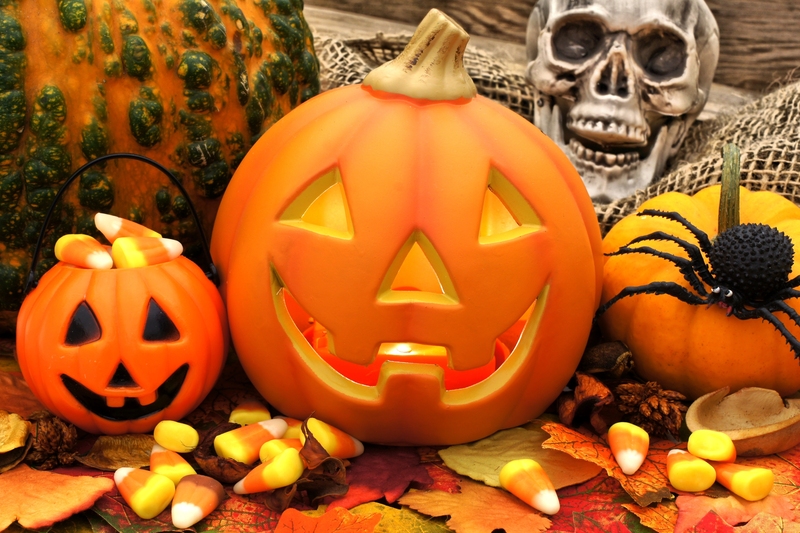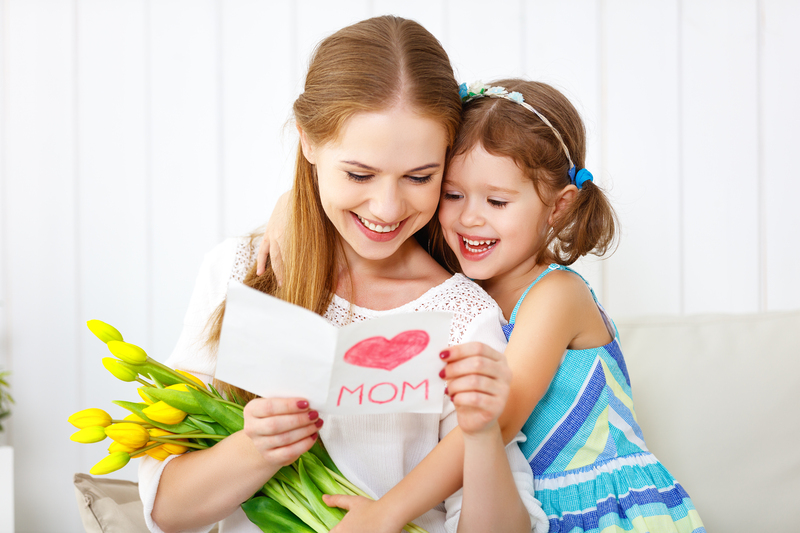Renowned Art with Floral Themes
Posted on 04/11/2024
In the vast realm of art, floral themes have consistently emerged as a powerful symbol of beauty, life, and even transience. For centuries, renowned artists have been captivated by the elegance and diversity of flowers, channeling their artistic prowess to capture their essence on canvas, ceramics, textiles, and even digital platforms. Whether through intricate still lifes, vibrant abstracts, or symbolic interpretations, floral art has etched its presence in the annals of artistic history.
The Elegance of Dutch Still Lifes
One cannot discuss renowned floral art without mentioning the exquisite Dutch still lifes of the 17th century. Artists such as Jan Davidsz de Heem, Rachel Ruysch, and Jan Brueghel the Elder perfected the art of portraying flowers with meticulous precision. Their works, characterized by a near-photographic realism, showcased a rich variety of flowers, often featuring rare and exotic species. These compositions were not just a display of skill but also a reflection of the scientific curiosity and horticultural knowledge of the time.

Impressionism and Its Blossoms
The late 19th century saw the rise of the Impressionist movement, which brought a fresh perspective to floral art. Claude Monet's water lilies are perhaps the most iconic, capturing the play of light and shadow on the surface of his garden pond in Giverny. His series of paintings explored the changing ambiance of the pond throughout different times of the day and seasons, offering a mesmerizing glimpse into the beauty of nature. Other Impressionists, like Pierre-Auguste Renoir and Vincent van Gogh, also contributed to the floral genre with their vibrant and expressive techniques.
Flower Power in Modern Art
The 20th century witnessed a diverse range of styles and interpretations in floral art. Georgia O'Keeffe, known for her close-up paintings of flowers, transformed simple blooms into powerful, almost abstract forms that evoked a deep sensuality and connection to nature. Her works, such as "Jimson Weed/White Flower No. 1", have become some of the most recognizable pieces of American art.
Similarly, Andy Warhol, a leading figure in the Pop Art movement, took a unique approach to flowers in his iconic "Flower" series. Using bold colors and repetitive patterns, Warhol's flowers transcended traditional representations, blending commercial art with fine art in a way that was both provocative and captivating.
Floral Themes in Contemporary Digital Art
In the digital age, floral themes continue to inspire artists around the globe. With advancements in technology, digital artists can now manipulate flowers to create surreal and fantastical compositions. Works by artists like Pak, Beeple, and Cecilie Waagner Falkenstr?m push the boundaries of traditional floral art, incorporating elements of augmented reality, AI, and interactive installations. These modern interpretations allow audiences to engage with floral art in dynamic and innovative ways, reaffirming the timeless allure of flowers.
Pros and Cons of Floral Art
Pros:
1. Universal Appeal: Flowers are universally recognized and appreciated, making floral art accessible to a wide audience.
2. Versatility: Floral themes can be adapted to various styles, mediums, and techniques, offering endless creative possibilities.
3. Symbolism: Flowers often carry deep symbolic meanings related to emotions, cultures, and beliefs, enriching the narrative of the artwork.
Cons:
1. Overuse: Due to their popularity, floral themes can become clich? or overly familiar, potentially diminishing their impact.
2. Technical Challenges: Capturing the delicate and intricate nature of flowers requires high technical skill and attention to detail.
3. Fleeting Subject: The ephemeral nature of flowers can make them difficult subjects, as they wilt and change over time.
Tips for Creating Floral Art
1. Study Botany: Understanding the structure and anatomy of flowers can enhance the accuracy and realism of your representations.
2. Experiment with Techniques: Don't be afraid to mix traditional and contemporary methods to find your unique style.
3. Embrace Symbolism: Incorporate the cultural and symbolic meanings of flowers to add depth to your artwork.
4. Focus on Composition: Pay attention to the arrangement and flow of your floral elements to create a balanced and harmonious piece.
5. Use a Variety of Mediums: Experiment with different mediums such as oils, watercolors, digital tools, or even mixed media to discover new possibilities.

Takeaways
Floral art remains a cherished and dynamic genre, bridging the gap between classical and contemporary art. From the hyper-realistic Dutch still lifes to the abstract and digital interpretations of today, flowers continue to captivate artists and audiences alike. By understanding the historical context, experimenting with techniques, and embracing the symbolic richness of flowers, artists can create compelling works that resonate across time and culture.
Conclusion
Renowned art with floral themes is a testament to the enduring allure of nature's beauty. Whether through the meticulous detail of a still life, the expressive brushstrokes of Impressionism, or the innovative realms of digital art, flowers have inspired countless masterpieces. The pros and cons of floral art highlight its universal appeal and the challenges it presents, while thoughtful tips can guide aspiring artists in their creative journeys. Ultimately, floral art's ability to evoke emotions, tell stories, and celebrate the ephemeral beauty of life ensures its timeless place in the world of art.
Latest Posts
Unlock the Beauty of Hydrangeas with Expert Care
Surprising Birthday Blossoms for Joyful Greetings
Nurturing Your Orchids: From Novice to Pro
The enchanting world of birth month flowers and their symbolism





